How Positive Parenting Empowers Both You and Your Teen
It’s not uncommon for parents of children with autism to have questions about discipline. But disciplining young children and teenagers is very different, no matter the circumstances. Teens and parents are notorious for butting heads, and that doesn’t necessarily change with an autism diagnosis.
However, you might not be able to guide your teen’s behaviors the same way you would in a teen without autism.
ABA (Applied Behavior Analysis) focuses on a positive approach almost exclusively. Research has shown that all animals, including humans, lean best with positive reinforcement rather than punishment. The basic principle here is that reinforcing the desired behavior and, whenever possible, ignoring inappropriate behavior is the best way to go.
That’s why positive parenting is so effective. It helps you to change your perspective on discipline. Instead of creating frustration and anger, positive parenting helps teens learn independence skills and reduce maladaptive behavior.
As a result, your relationship with your teen is better because the interactions are positive and focus on reinforcing strengths, which increases their skills and helps them grow.
So, what is positive parenting, and how can it help you and your teenager?
What is Positive Parenting?
At its most basic level, positive parenting is the absence of punishment and a focus on an individual’s strengths.
That doesn’t mean you’re “okay” with your teenager breaking rules or acting out on certain emotions. It’s how you handle those situations that makes a difference.
When you practice positive parenting, you reward positive behavior. Since behavior is influenced by its consequences, positive parenting focuses heavily on positive reinforcement. The idea is that by highlighting the “good” things, your teenager is more likely to continue down those paths and less likely to do the things that don’t get rewarded.
You’ll know if it’s working if your teen continues the reinforced behavior in the future.
But what about discipline? Is it possible to do so in a positive way?
Disciplining a Teenager With Autism
In order to bring positivity into your disciplinary practices, it’s important to know what not to do. When you’re guiding a teen with autism to change their negative behaviors, you should never reprimand them for rules they don’t fully understand.
Things like yelling and punishing can cause your teen to act out more, since they may not be able to fully comprehend what they did wrong or what you want from them. In the end, negative parenting can make things worse for your teen, and cause you to feel overwhelmed and guilty.
Instead, positive parenting focuses on a solution rather than a punishment.
How to Use Positive Parenting
So, how can you make the switch to positive parenting and empower yourself and your teenager?
First, assess your teen’s strengths, as well as what they need. You know them better than anyone. When you focus on those strengths and needs, you can adjust how you approach them and communicate with them through a difficult situation.
Depending on your teenager’s language ability, they may not understand rules the way others do. Again, you know their needs and how they communicate. Spend one-on-one time with them and give them the support they need to understand. If you can get teachers and staff members at their school to be on board, too, it will be even more helpful.
Finding unique and innovative ways for your teenager to understand what they should and shouldn’t do needs to be a priority. That said, consistency is also important. You can’t use positive parenting only some of the time, or else you won’t see the same results.
Treat your teen based on their skills and abilities. Teenagers with autism communicate and may understand things differently. The good news? They are more likely to respond to positive input and rewards than traditional punishment.
Putting Positivity Into Your Relationship
When you choose to practice positive parenting, you’ll let go of feelings of guilt, confusion, and frustration. Rewarding your teenager for positive behavior will empower them. They will learn quicker and respond better to positive parenting, as well as build confidence and self-worth.
The fact that they will use those rewards to learn and grow will empower you, too. In short, improving skills through reinforcement improves the relationship between you and your teen.
If you want to learn more about positive parenting and how to implement it in your life, feel free to contact me. Together we can put together a positive parenting plan for your teenager based on the things they need and how they communicate. It takes some time to get used to this change in discipline, but you’ll love the results.
